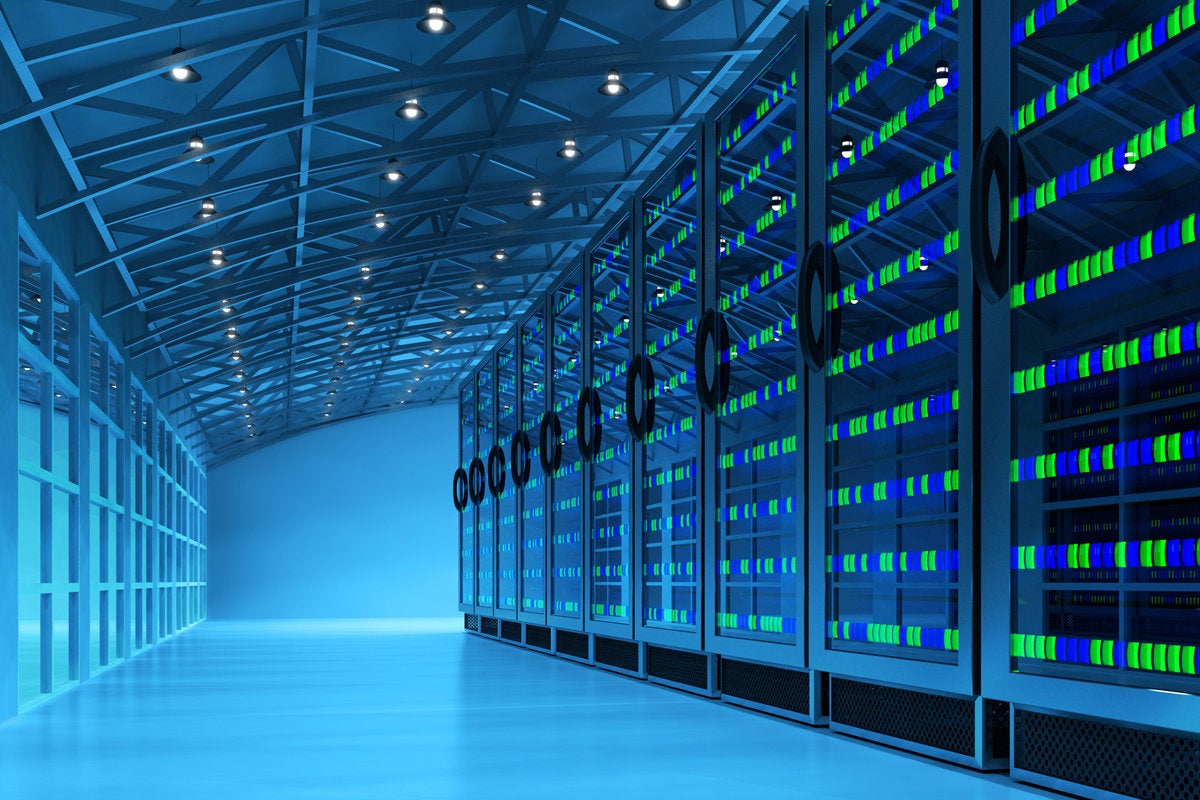Organizations have been using traditional data centers for many years. They rely on data center hardware and physical servers to store data.
The firm or organization would have to purchase extra physical servers and hardware to boost its storage capacity. As a result, a traditional data center is completely constrained by the physical constraints it faces, a condition that makes any type of corporate expansion a major undertaking fraught with risks. Hyperconverged systems can help in this situation.
Hyperconverged infrastructure (HCI) is a software solution that integrates storage, processing, and networking into a single system to reduce data center complexity and boost scalability. Several nodes are brought together to form shared computing and storage systems that are geared for ease of use.
The Benefits of Hyperconverged Systems
1. Flexibility
Hyperconverged storage solutions provide a higher level of flexibility and overall agility as compared to older infrastructures that many enterprises now use. If you want your IT infrastructure to be genuinely adaptable, it must be manageable by everyone on your organization, not just a few experts. IT generalists can manage all infrastructure operating responsibilities with hyperconverged systems, freeing up your IT professionals to focus on innovation and strategic business initiatives.
2. Scalability
Hyperconverged systems not only enhance flexibility, but they also help with scalability, which is something that most businesses struggle with. Hyperconverged systems may set up and deploy in a matter of hours, allowing for rapid adjustments. You may grow storage and computation resources on an as-needed basis without having to make big infrastructure investments.
This ensures compatibility as additional levels of infrastructure are without the need for massive, sweeping changes. It allows for significantly more efficient scaling than previously allow.
3. Efficiency
The increased efficiency that hyperconverged systems can provide an organization is perhaps the most exciting benefit. Because the core principle of hyperconverged storage includes less physical equipment, it is far more cost-effective to maintain, support, and update this system than it is to maintain, support, and update a system based on a traditional infrastructure with integrated components.
New features and updates may automatically integrate and installed thanks to the software-based infrastructure. It eliminates the need to purchase brand new components. Hyperconverged systems’ total efficiency boost allows enterprises to be as flexible as possible. It allows them to offer services at a lower cost.

4. Consolidation
The capacity of hyperconverged systems to consolidate diverse IT tasks onto a single platform is extremely valuable to a wide range of enterprises. All workloads will run in a single location with these hyperconverged technologies, rather than in many separate, customized silos.
This makes it much easier to move data across multiple appliances and, perhaps, data centers. It is a challenging task with traditional infrastructure. The benefits of data consolidation will become apparent as enterprises grow more skilled and accustomed to dealing with these hyperconverged systems.
5. Protection
When it comes to data, one of the major concerns that both businesses and the general public have is that it is not effectively protected. Companies must do everything possible to ensure they are adhering to the highest standards of conduct as data protection policies. Hyperconverged systems are extremely helpful in this regard. When disaster recovery capabilities are into the infrastructure, data protection capabilities become not only more efficient, but also significantly more cost-effective.
It can feel like a losing battle to combat the ever-increasing tides of technical advancements. If corporate leaders do not adapt to the changes that are coming, they risk slipping behind. With each passing year, hyperconverged systems will become more common. Businesses must rethink their infrastructure strategy and adapt if they want to stay competitive.
Assuring that your data centers are completely prepared and optimized to handle cloud computing capabilities and the growing influx of data should be a top priority for all enterprises. The advantages of hyperconverged solutions eliminate many of the disadvantages of a typical data center design. You may get the flexibility and scalability you need to develop without sacrificing any level of security or efficiency by deploying successful hyperconverged data systems.
Click here to read more useful and interesting articles.

